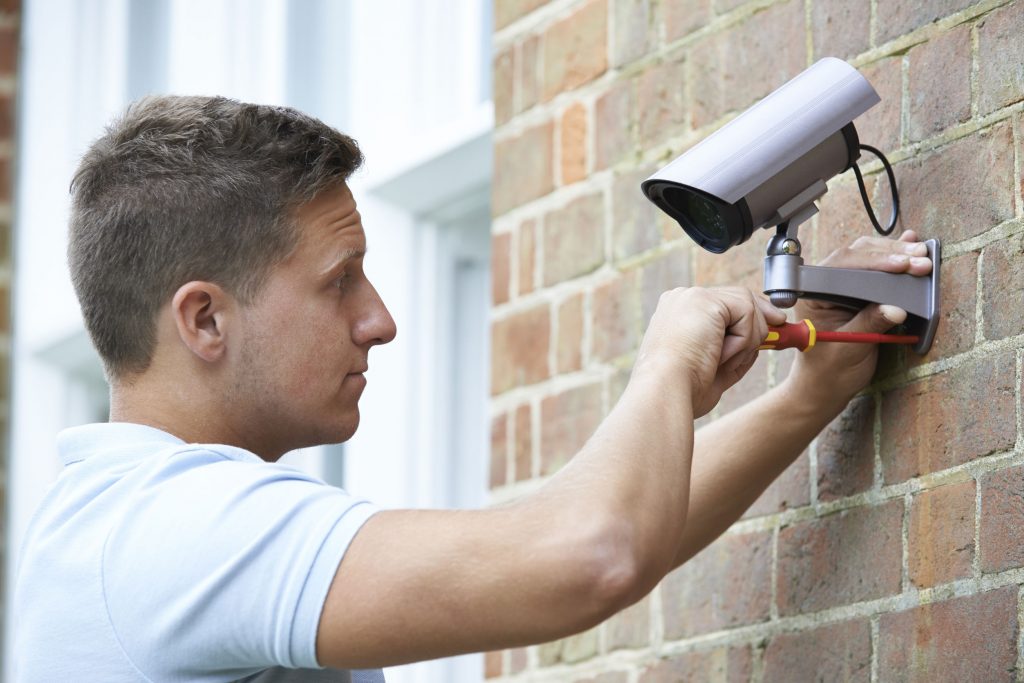
Every property owner, manager, or occupier has an obligation (or a “duty of care”) to provide adequate security to prevent criminal actions against guests, customers, and other people visiting the property. When poor security conditions lead to an assault, robbery, rape, or murder of a person on someone else’s property, the owner or manager of that property may be liable for the damages that the victim sustained.
Criminal assault and murder is a larger problem than most people realize. The Bureau of Justice Statistics reported in a study that 3 million people over the age of 12 were victims of violence in 2014.
How is Negligence Proven for Inadequate Security?
In order to succeed in a negligent security claim, you must prove that a crime happened because of a lack of security that was known or should have been known by the property owner. Examples of situations that might constitute negligent security include:
- Broken locks
- Lack of security cameras
- Lack of a fence or other security barriers
- Lack of safety and security procedures
- Lack of security personnel
- Low or no lighting
Whether or not the the crime was foreseeable to the property owner also contributes to his liability. A history of crime where the property is located could indicate that a criminal act would be more likely on the owner’s property. Additionally, if the owner hires an employee with a criminal background, this could mean that he knew (or should have known) that the chances of that employee injuring a guest was more likely.
However, an owner would not be considered liable for your injuries if he had no way of foreseeing or preventing the event. It is important to note that according to common law established by court precedent, in general people are not liable for criminal acts of third parties. Premises liability, such as a negligent security claim, is an exception to this rule.
What Kind of Negligent Security Cases are Common?
Cases of negligent security arise from injuries that were sustained in:
- Malls
- Grocery stores, and their parking lots
- Hotels
- Motels
- Resorts
- Parking garages
- Schools
- Shopping centers
Usually negligent security cases involve injuries on a commercial premises, but can also involve premises that are privately owned.
Negligent security claims can seek damages for the following types of injuries:
- Medical bills from sustained injuries
- Pain and suffering
- Loss of enjoyment of life
- Wrongful death of a loved one, (including funeral expenses)
- Lost wages
- Physical disability
- Disfigurement
If you have been injured due to inadequate premises security, you may be entitled to compensation. Your first step is to schedule a free consultation with an experienced negligent security lawyer.















